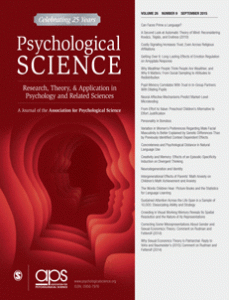
The head of a department at WHU — Otto Beisheim School of Management has been charged with “severe scientific misconduct” for not spotting many of the data irregularities of his co-author Ulrich Lichtenthaler, which have ultimately led to 16 retractions.
According to a news release describing a WHU investigation (which we had translated using One Hour Translation), Holger Ernst did not neglect his supervisory duties, but, as a co-author on many of the retracted papers, he should have been more aware of the data issues in Lichtenthaler’s work: Continue reading German dep’t head reprimanded for not catching mistakes of co-author Lichtenthaler



 A 2010 paper on plant fungus has been retracted after a comment on PubPeer revealed that a study image had been flipped over and reused to represent two different treatments.
A 2010 paper on plant fungus has been retracted after a comment on PubPeer revealed that a study image had been flipped over and reused to represent two different treatments.


